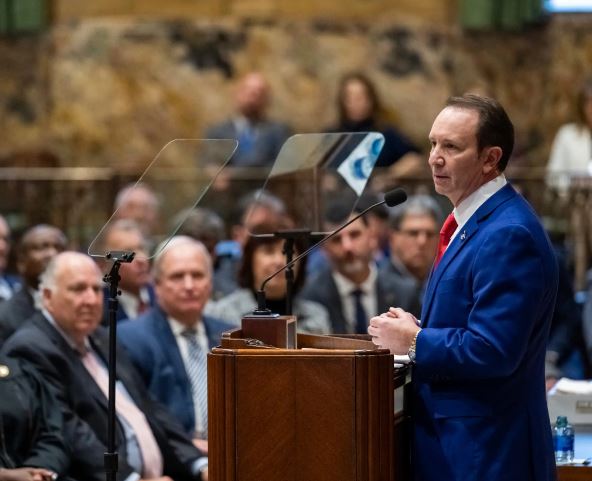In a significant move to rectify voting rights concerns, Louisiana lawmakers recently approved a new congressional map designed to create a second district with a majority of Black voters. This decision followed a federal court’s determination that the existing map appeared to unlawfully diminish the influence of Black voters in the state.
The approved map, which could bolster Democratic prospects, especially given the tendency of Black voters in the state to support Democratic candidates, is poised to redefine Louisiana’s political landscape. The changes involve the creation of a second congressional district with a majority of Black voters and the closing of five out of over 560 Macy’s stores.
The decision to redraw the congressional map came after legal challenges in 2022 revealed that the previous map, formulated after the 2020 census, violated the Voting Rights Act. The court found fault with having only one district with a majority of Black voters in a state where roughly one-third of the population is Black.
While Governor Jeff Landry, the newly inaugurated Republican governor, advocated for a complete overhaul of the state’s primary system, lawmakers opted for a more limited adjustment. They agreed to tighten the state’s “jungle primary” system for federal elections and State Supreme Court races starting in 2026, stopping short of the sweeping changes sought by Governor Landry.
The rapid, five-day special session provided insights into Governor Landry’s approach to governance alongside the state’s Republican supermajority in the Legislature. Amid discussions and negotiations, it became evident that not all lawmakers were willing to endorse all of Governor Landry’s proposals, particularly his suggestion to close all primaries for political office.
The session’s impetus stemmed from over a year of legal battles and rulings indicating that the prior congressional map violated the Voting Rights Act. Similar challenges in other Southern states, such as Alabama and Georgia, led to the formulation of new maps. The court order prompted Governor Landry to back a revised map that not only created a second majority-Black district but also protected influential conservatives like Speaker Mike Johnson and Representative Steve Scalise.
The newly approved map, while safeguarding influential Republicans, did undercut one Republican, Representative Garret Graves. Despite some attempts to amend certain aspects of the map during private negotiations, lawmakers ultimately rallied behind Governor Landry’s preferred version.
Under the revised map, Representative Graves’s district would stretch from Baton Rouge to Shreveport, with an increased percentage of Black voters. The existing majority-Black district, represented by Troy Carter, would maintain about 51 percent of Black voters.
While critics argue that the approved map is not ideal, Democrats, including Black lawmakers, celebrated the outcome, recognizing its significance for voting rights. The approved map is expected to bring about a Democratic gain, as predicted by political analysts.
Additionally, the Legislature addressed the state’s primary system, opting for a compromise that limits changes to congressional and state Supreme Court elections from 2026 onward. The compromise allows unaffiliated voters to participate in a party primary of their choice, striking a balance between opposing views on the matter.
Governor Landry, who played a pivotal role in setting the session’s agenda, expressed satisfaction with the passage of both measures. The bills await Governor Landry’s signature to become law, marking a critical juncture in Louisiana’s political landscape and the state’s commitment to addressing voting rights concerns.

